"The Big Door Prize" is #RelationshipGoals
Now in its second season, the sleeper hit on Apple TV+ is drawing in viewers with its captivating blend of existential themes and humor.
Parts of this review were repurposed from the Season 1 review [Link]
The Big Door Prize on Apple TV+ [Trailer]| Based on the book by M.O. Walsh
Category: Sci-Fi Genre
Good for fans of Severance, Stephen King books, Hello Tomorrow! / Also good for watching with a spouse/ partner
According to Danish philosopher Kierkegaard, anxiety preceded original sin. Before Adam or Eve made the fateful decision to bite into the apple, thus shaping their destinies, anxiety hovered over them as they wrestled with their choice, anticipating its consequences and enduring the discomfort and unease that accompanied it all. All of this had cosmic repercussions forever etched in the narrative of world religion and imprinted in the human psyche.
Where it Begins - Betrayal, Shame and Awareness
Well into the first episode of season one of The Big Door Prize, Dusty (Chris O’Dowd), a teacher and “whistler,” struggles with a new machine that has mysteriously appeared in the general store of the small, nondescript town where he lives. This machine, appropriately called Morpho features a butterfly logo (a nod to its acting as an agent of metamorphosis) that predicts people’s life potential and its very existence invokes panic in Dusty, a very “by the book” type of dude who sees his life in two chapters - his time in Ireland with his mom being the first part and when his mom moved them over to America, the second.
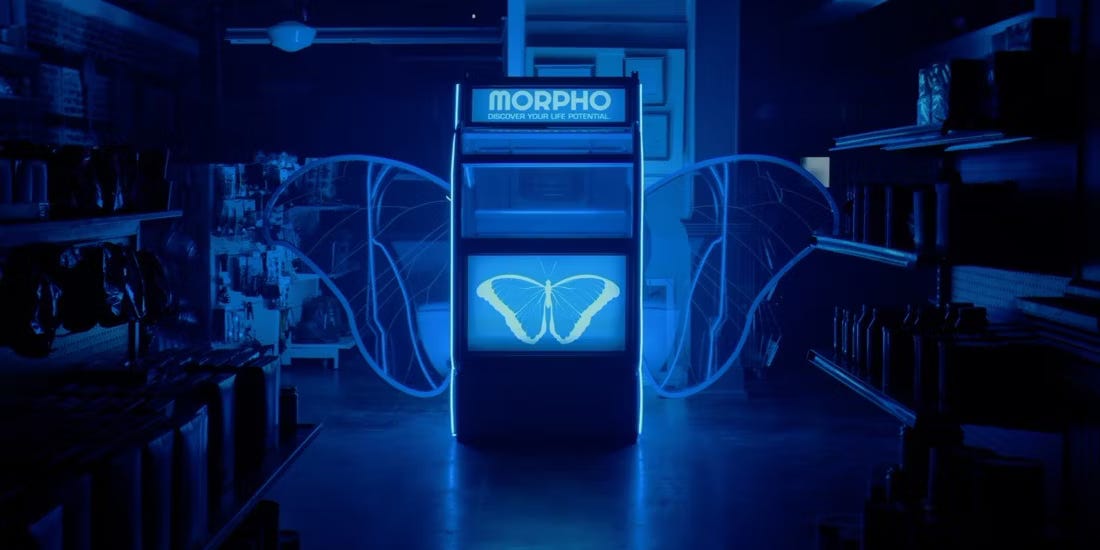
Challenged by his adverse attitude towards change, and the growing hype of other townspeople readily getting their life potential cards via the Morpho machine, Dusty speaks to the town’s philosopher priest (Damon Gupton) who utilizes the wisdom of Kierkegaard, challenging Dusty to think of his life in multiple chapters; to accept and embrace the journey of life, its volatility and unknowns, and to understand and name his anxiety in the face of this. Dusty is incapable of self-awareness and while he appears on the surface to be happily married to Cass, his high school sweetheart, he knows he’s punched way above his weight with her and his self-doubt is in itself an interloper, in the marriage. Cass is similarly dishonest with Dusty and her mom about her wants and needs, because anything that threatens the status quo, threatens her stability. Their marriage is at an inflection point and their dynamic forms a central pillar of the show’s emotional identity.
Each episode in season one focuses on a different character in Deerfield. The main characters include Dusty, his wife Cass (Gabrielle Dennis), their daughter Trina, and Jacob (Sammy Fourlas), a student at Dusty's school who happens to be Trina's secret boyfriend. “Secret” because Trina was dating Jacob while dating Jacob’s twin brother, Kolton, before the latter died in an accident. The premise of each episode deals with how the characters respond to the presence of the Morpho Machine and how much the machine’s output messes with their lives. For middle-aged characters like Dusty, Cass, Hana, the bartender who arrives in Deerfield under mysterious circumstances, Georgio, and Father Reuben, the stakes are much higher, as the sphere of potential fallout from their decisions (and impulses) is greater.
Season Two’s Strengths - Toddling Towards Growth
Season one adeptly establishes character development and relationships, focusing on key characters such as Dusty and Cass, while delving into their growth and connections. Season two ups the level of interest in more of the ensemble cast, shining a spotlight on Hana, Georgio, and Dusty’s new love interest, a fellow teacher, Alice. As all of the actors on this show are talented, it’s a boon.
Some central themes:
Marriage is Complicated - Even When You Love Hard
A big focal point in the show is the marriage between Cass and Dusty. In season one, I wasn’t rooting for them, but with season two and the ushering in of their conscious uncoupling period, it’s been interesting to see how their dynamic has evolved, in large part because their self-inflicted separation has led to the two of them to be more emotionally available with one another.
While they both have agreed to pursue an open relationship, Dusty is the only one to seek out another partner.
Side Note: I’m not a fan of Dusty’s burgeoning relationship with Alice, his co-worker. She’s a 180 from Cass, so fine, but they live in a small town and his daughter attends the school where they both work. I’m sure I sound old-school, however there is only so much self-actualization of an open marriage I can stand to watch onscreen. (or off)
Sisterhood & Finding One’s Tribe
Cass’ arc this season involves self-discovery and embracing friendship with the help of her best friend, Nat (Mary Holland), and new friend, Hana (Ally Maki). While some of the sisterhood scenes are a bit silly, they are mostly poignant and sweet, making us long for Cass’ continued growth by spending time with herself and her tribe. Cass has realized that true happiness and confidence come from self-awareness, while Dusty still seeks validation through romantic relationships, repeating past patterns.
Brotherhood / Bro-Romances
This show does a nice job of normalizing male friendships and the awkwardness that can ensue in being vulnerable. No one is more adept at comedic vulnerability than Georgio (expertly played by Josh Segarra), a former hockey player and now owner of “Georgio’s” the main restaurant employer in Deerfield. His incorrigible pursuit of love and discovery of it with Nat this season, along with their unconventional relationship dynamics, have been both quirky and entertaining.
Late-Life Companions & The Beauty of the Self-Contained Story
Part of this show’s power is its ability to harness the emotional depth of its characters/actors and squeeze universal truths about love and acceptance from that. The standout episode of season two is "Storytellers," where the elderly Mr. Johnson (played by Patrick Kerr), a minor character, confronts a rejection from a past love interest. This rejection catalyzed the growth of deep-seated shame and fear within him to open up to others. It's only by Mr. Johnson coming to terms with his past and his sexuality that he can establish a new friendship with Beau (played by Aaron Roman Weiner), Jacob's father—a connection both of these isolated men desperately crave.
Let’s Discuss
If you had the chance to have your destiny foretold by a machine at the grocery store (like a Redbox machine), would you go for it?
If your destiny foretold a different, but attainable profession or career, what would you do? What are some of the parameters that would need to be met?
Are you going to give this show a chance? Gosh, I hope so.


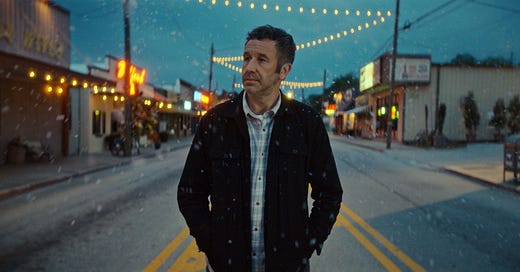



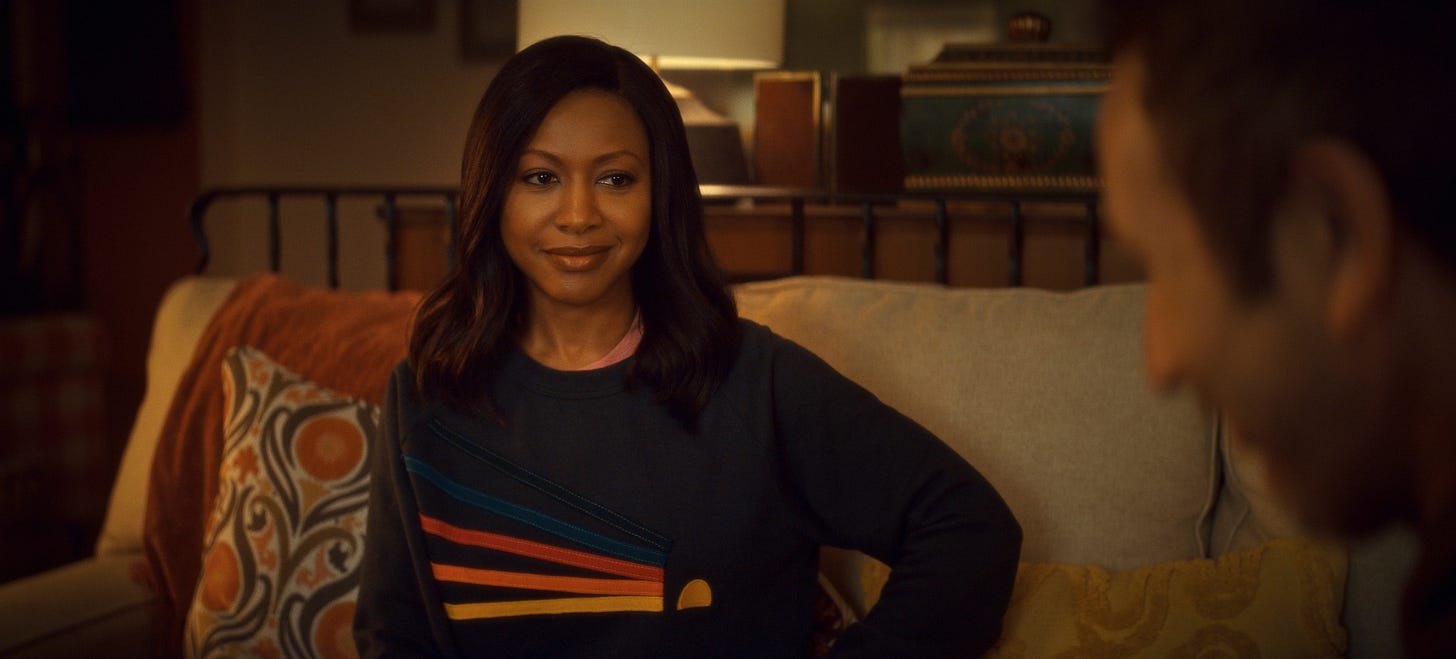
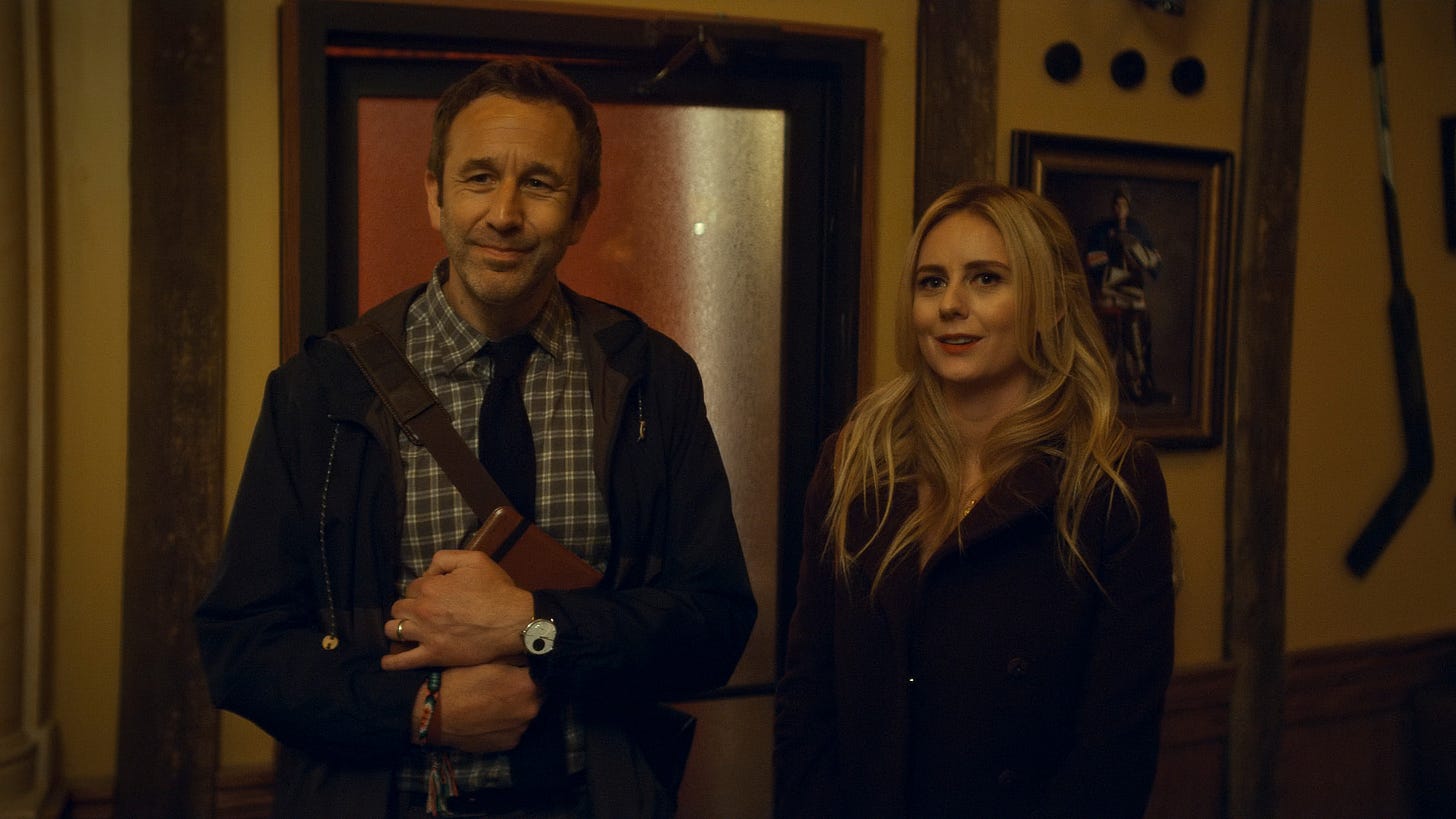
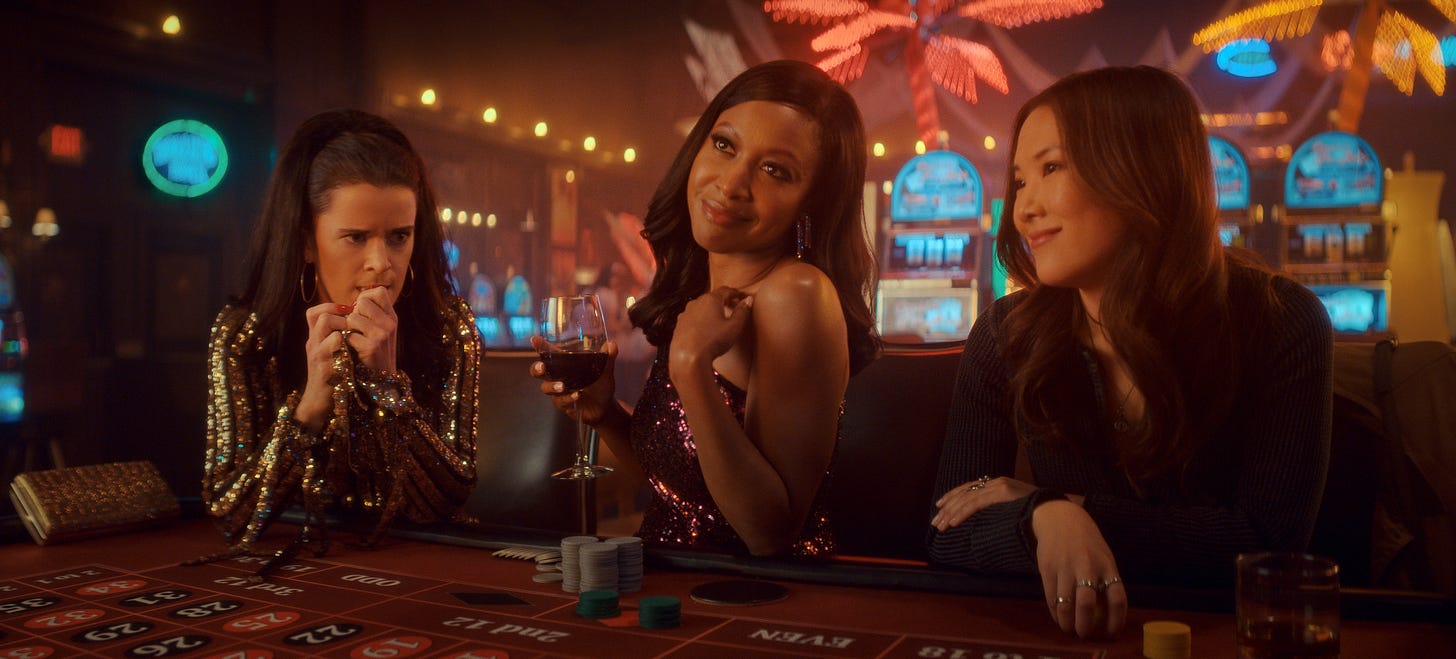
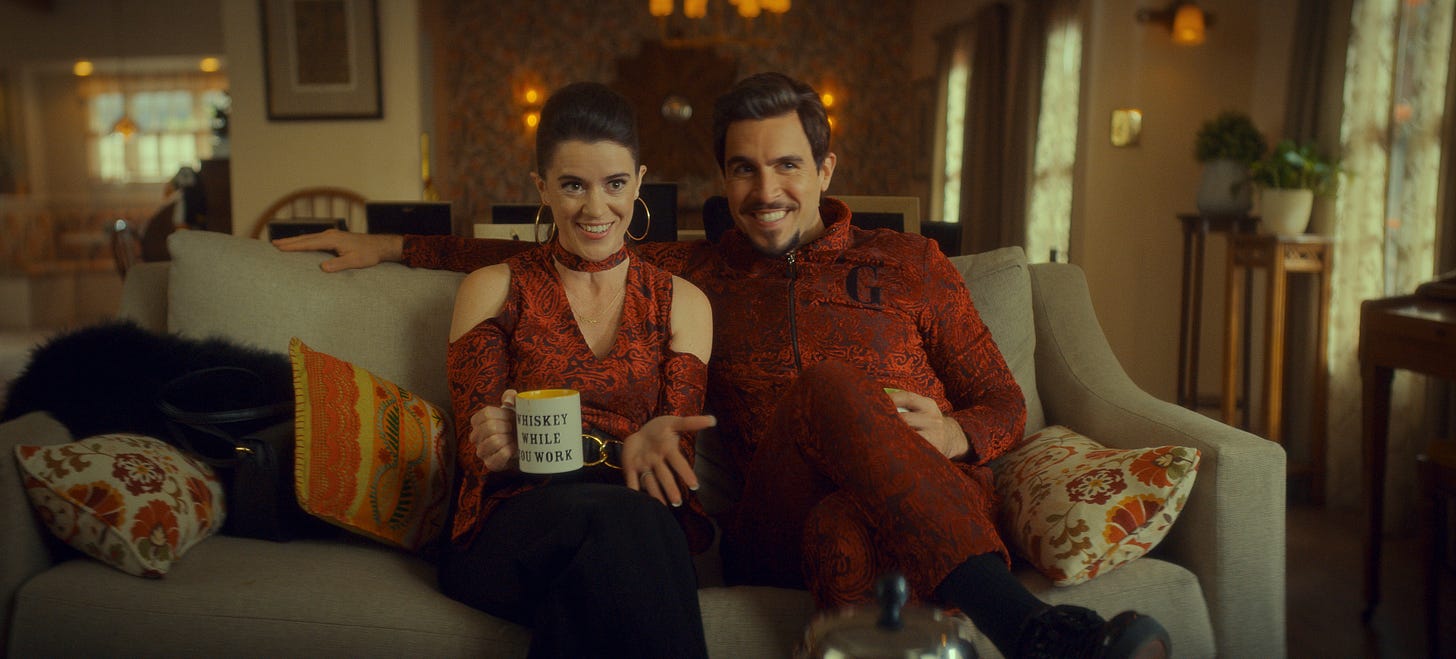
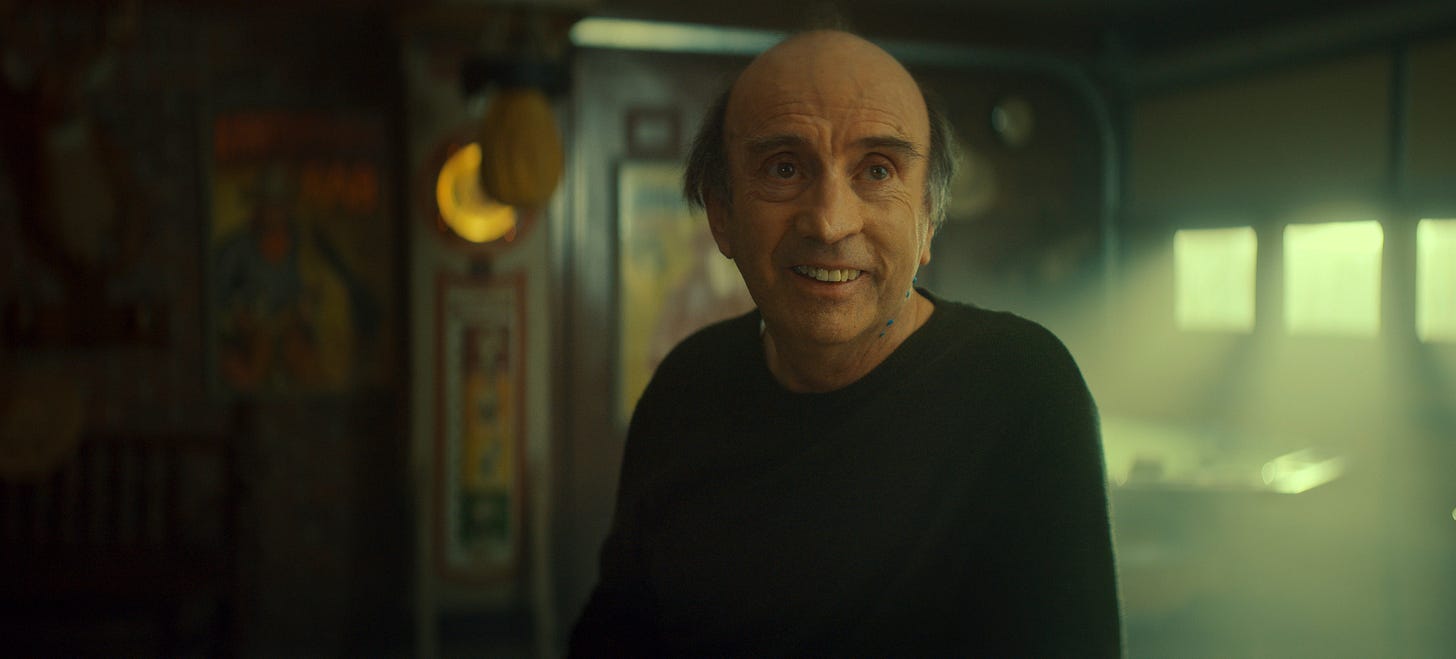
Okay, you convinced me. You had told me about it after season 1 and I was skeptical, but now I'm legit excited. The only problem is my Roku TV decided to die. Or take a long nap. I haven't been able to watch anything for 3 days. Been on YouTube and the interwebs trying to trouble shoot. Might have to get a new boob tube. Maybe it's the universe telling me to read more books.
That is a nice recommendation. I had skipped this post because I don't have streaming (I watch TV/movies on DVD), and I figured this wouldn't be available, but now I'm interested to watch it.
Side note: Do you know if the title is a reference to the John Prine/Iris DeMent song? https://www.youtube.com/watch?v=v-YzlbgEOOA